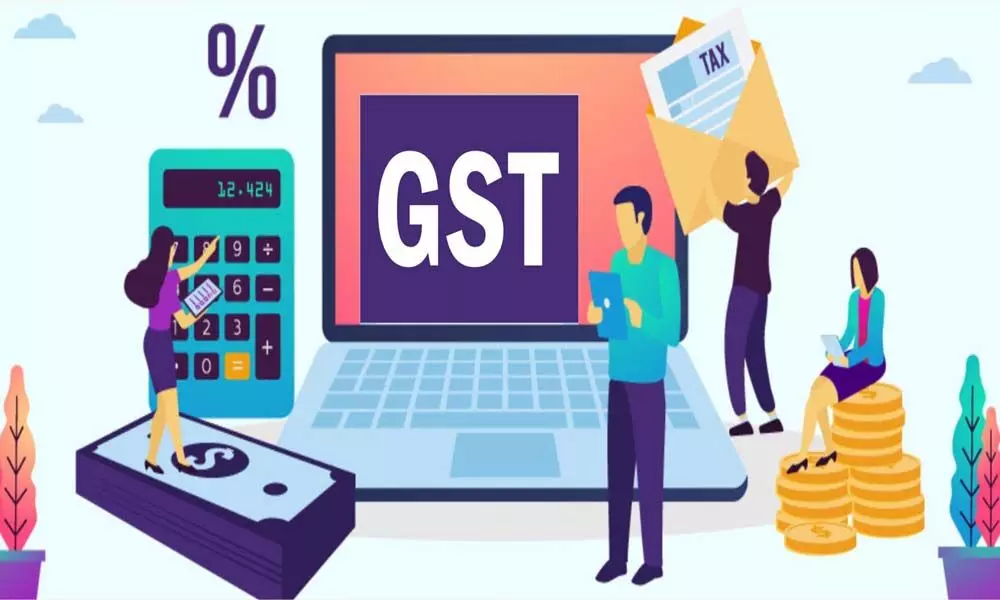Making GST as 'Good and Simple Tax' for small traders
No tax reform in India has been a subject matter of public debate as the GST has been during last four years.
image for illustrative purpose

No tax reform in India has been a subject matter of public debate as the GST has been during last four years. Every section of the society was heard talking about GST when it was commenced in July, 2017. It was the general impression that GST would make life of the traders and the businessmen easy and the evasion of taxes to a great extent would be curtailed.
However, it is observed that the ease of doing business is a mirage and the taxpayers are grappling with the complexities engrained in the law which is further augmented by the notifications and instructions issued from time to time. The presumption that the evasion of taxes would be reduced has been found to be wrong so far as the position about the input tax credit is concerned. Contrary to the presumption, unimaginable evasion of GST has taken place during last four years by way of availing credit on fake invoices and using the same for paying tax for their outward supply. Cases have been booked by the GST department in every nook and corner of the country and recovered thousands of crores of rupees from the fraudsters. The government must recover each and every penny of the money lost due to such fraudulent activities.
Small traders, who have been hit hard due to the ongoing pandemic, may be made to pay GST on receipt basis and not on accrual basis, as prevalent under the service tax regime for taxpayers having aggregate turnover of Rs 50 lakh.
There lie a host of unresolved issues with respect to Input Tax Credit, GSTR 2A/2B, Classification of Goods & Services under HSN/Service Accounting Code, E-Invoicing, Quarterly Return Filing and Monthly Payment of Taxes Scheme (QRMP), Valuation among others. Government must address these issues by having a direct dialogue with the industry leaders and ensure that ease of doing business is restored.
GST collections, during past three years, have been much less than it was projected. In 2018-19, the central government collected Rs 5.82 lakh crore as against the target of Rs 7.44 lakh crore, which was 21.8 per cent lower. Similarly, in 2019-20 and 2020-21, the GST collections continued to be in the negative zone at Rs 5.82 lakh crore (-9.7 per cent) and 5.49 lakh crore (-20.5 per cent).
Whatever be the case, the GST is a path-breaking reform and it must be seen in that perspective. Now there is single and uniform tax on any commodity or service throughout India. The cascading effect of the taxes has been done away with and most of the government functions are online as a result of which the public need not visit the GST offices. The acclimatisation and gestation period of the GST seems to be coming to an end and therefore the public should be ready to read the fruits of this reform. Above all, green shoots are visible now with monthly GST collections crossing Rs 1 lakh crore for past few months.

